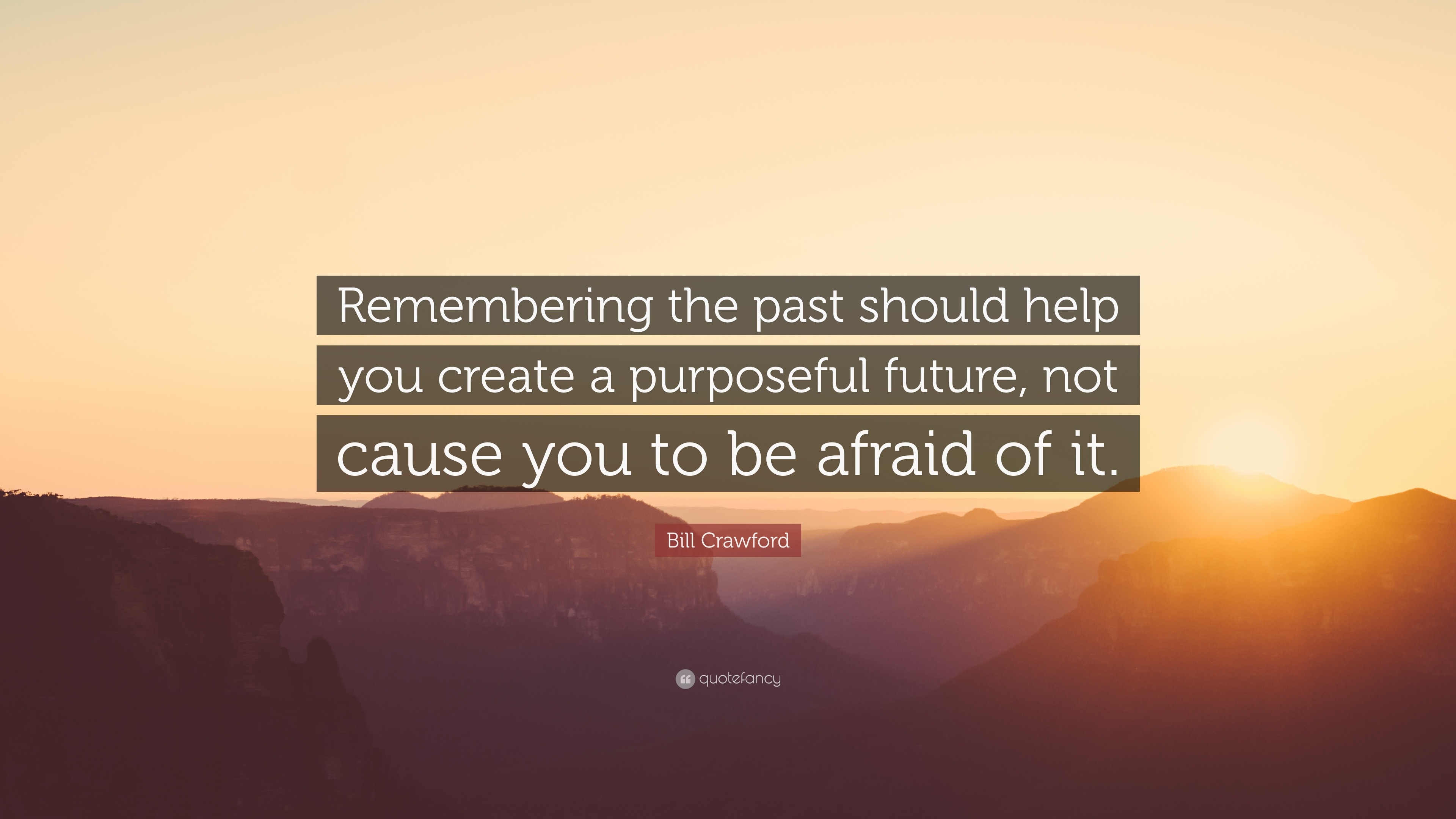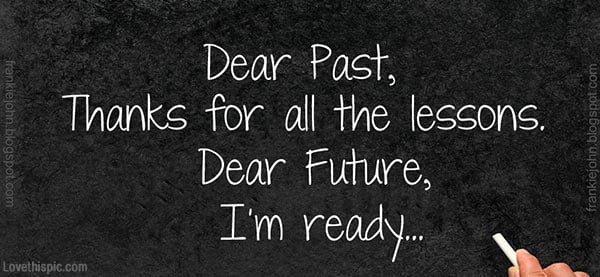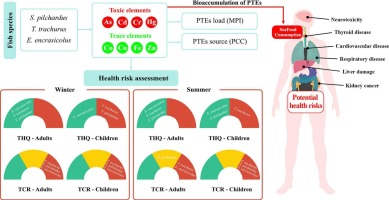Homogenized culture may seem like a side effect of our increasingly globalized world — a natural byproduct of progress and connection. But when we look closer, we begin to realize that it represents something far more alarming: the steady erosion of our identities, our traditions, and our human memory. At Remin.site, we believe your stories, your roots, and your truths are sacred — and worth preserving. This is not just about nostalgia. It’s about survival.

What Is a Homogenized Culture?
A homogenized culture occurs when unique traditions, languages, and worldviews are replaced with a single dominant way of life. Often, this “way of life” is shaped by powerful economic forces and digital platforms, leading to a cultural sameness that spans borders, screens, and generations.
Origins in Globalization and Technology
The roots of cultural homogenization lie in globalization, where trade, technology, and communication networks have rapidly spread ideas — but often from a small pool of dominant cultural centers. The result?
- Local traditions and dialects disappear
- Global brands become cultural influencers
- Digital media reinforces a narrow narrative of success, beauty, and values
“Remembering the past should help you create a better future.” — Bill Crawford

How Homogenization Threatens Cultural Identity
The danger isn’t just that cultures change — it’s that they disappear without trace. A world of sameness strips us of color, nuance, and connection. Culture is memory. And without memory, we are ghosts.
Erosion of Language, Traditions, and Arts
Languages die every year. Rituals become oddities. Music becomes algorithmic. As UNESCO warns, cultural diversity is facing a silent extinction — not through violence, but through neglect.
- Languages: Over 40% of the world’s 7,000 languages are at risk of vanishing.
- Traditional arts: Replaced by commercialized content created for global consumption.
- Spiritual practices: Dismissed as outdated or irrelevant in hyper-modern society.
Youth Disconnection from Heritage
Young people, raised in algorithm-driven environments, often know more about influencers than about their own grandparents. TikTok trends dominate while ancient stories fade. And once a generation loses its story, it loses its identity.

The Role of Media and Consumerism
Much of today’s media feeds a singular version of culture — one rooted in Western consumerism and aesthetics. The result is a growing dominance of what scholars call the “McWorld” — a commercial monoculture disguised as progress.
Hollywoodization and Brand Power
American films, fashion, and fast food have become global markers of status. But this also means that local filmmakers, designers, and cuisines are often overshadowed. Even holidays and rituals are being rebranded for global markets.
Algorithm-Driven Trends and Echo Chambers
Platforms like YouTube, TikTok, and Instagram don’t promote diversity — they promote what’s popular. That often means flattening local identities to fit mass appeal. These algorithms shape culture more than any government or school ever could.

At Remin.site, we believe these changes must be documented, discussed, and challenged. What we remember today shapes who we become tomorrow. Culture isn’t just about dance, food, or costume. It’s about meaning, belonging, and memory.
Continue reading in Part II as we explore real-world case studies, the benefits of cultural diversity, and strategies to protect what makes us human.
